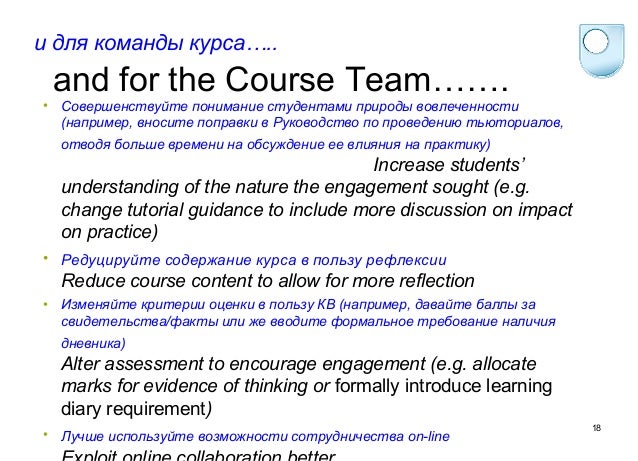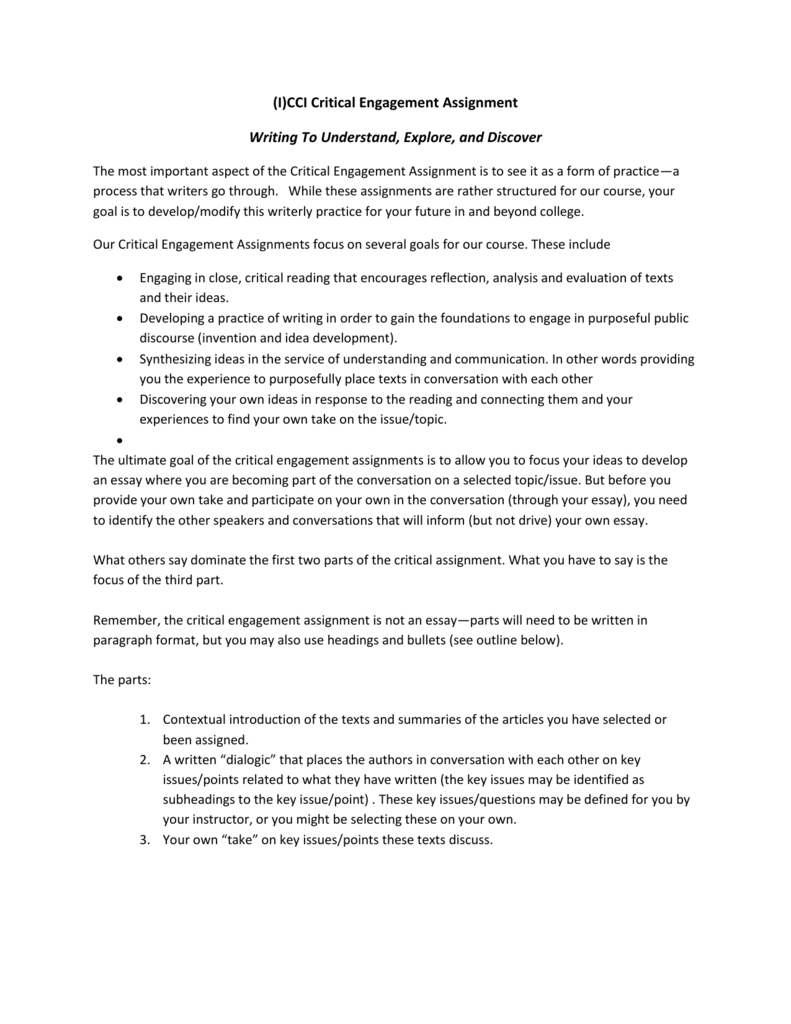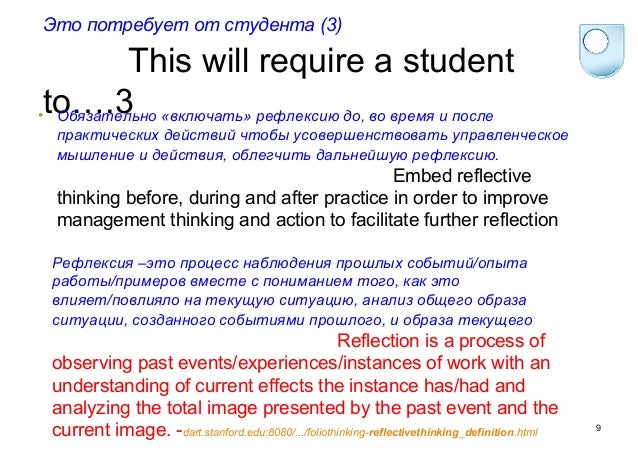The Case for Critical Engagement: Examining the Complexities of "It Ends With Us"
Related Articles: The Case for Critical Engagement: Examining the Complexities of "It Ends With Us"
Introduction
In this auspicious occasion, we are delighted to delve into the intriguing topic related to The Case for Critical Engagement: Examining the Complexities of "It Ends With Us". Let’s weave interesting information and offer fresh perspectives to the readers.
Table of Content
The Case for Critical Engagement: Examining the Complexities of "It Ends With Us"

The recent surge in popularity of Colleen Hoover’s "It Ends With Us" has sparked passionate discussions, with some praising its emotional impact while others condemn its problematic portrayal of toxic relationships. This article delves into the complex issues surrounding the book, exploring its themes, potential impact on readers, and the importance of critical engagement with its content.
Understanding the Narrative:
"It Ends With Us" follows Lily, a young woman navigating the complexities of love and trauma. The narrative explores themes of domestic abuse, emotional manipulation, and the healing process. While the book aims to shed light on these sensitive issues, its execution has been met with considerable criticism.
Problematic Portrayal of Abuse:
One of the primary concerns surrounding the book is its romanticized portrayal of the abusive relationship between Lily and Ryle, her boyfriend. Critics argue that the narrative glorifies Ryle’s toxic behavior, presenting him as a "bad boy" with redeeming qualities. This romanticization can be harmful, especially for readers who have experienced abuse or are in abusive relationships.
Triggering Content and Mental Health:
The graphic depictions of abuse and violence in the book can be triggering for readers who have experienced similar situations. Additionally, the book’s exploration of mental health issues like PTSD and anxiety is often criticized for lacking nuance and perpetuating harmful stereotypes.
The Importance of Critical Engagement:
While the book’s popularity cannot be denied, it is crucial to engage with its content critically. Readers should be encouraged to question the narrative, analyze the author’s choices, and consider the potential impact of the book’s message.
Beyond the Book: A Call for Dialogue:
The controversy surrounding "It Ends With Us" highlights the need for open and honest discussions about domestic abuse, mental health, and the representation of these issues in literature. It is essential to move beyond simplistic judgments and engage in nuanced conversations that acknowledge the complexities of these topics.
Exploring Related Searches:
1. It Ends With Us Book Review: A Deeper Dive
Beyond the surface-level summaries, critical reviews should delve into the book’s literary merits, exploring its prose, character development, and thematic depth. Analyzing the narrative’s strengths and weaknesses can help readers understand the book’s impact and its potential limitations.
2. It Ends With Us and the Dangers of Romanticizing Abuse:
This search focuses on dissecting the book’s portrayal of Ryle’s abusive behavior. Examining the narrative’s choices in presenting his actions and their potential impact on readers is crucial.
3. It Ends With Us and the Importance of Mental Health Representation:
This search explores the book’s portrayal of mental health issues and its potential impact on readers struggling with similar challenges. Examining the accuracy and sensitivity of the book’s representation is crucial.
4. It Ends With Us and the Power of Reader Response:
This search focuses on the diverse reactions to the book, analyzing the reasons behind different interpretations and the impact of the narrative on individual readers.
5. It Ends With Us and the Impact of Book Culture:
This search examines the book’s cultural influence, exploring its role in shaping discussions about abuse, mental health, and the power of narrative.
6. It Ends With Us and the Future of Romance Literature:
This search explores the book’s impact on the genre of romance literature, considering its potential to challenge or reinforce existing tropes and themes.
7. It Ends With Us and the Importance of Responsible Reading:
This search emphasizes the need for critical reading practices, encouraging readers to engage with the text actively and critically.
8. It Ends With Us and the Role of Authors and Publishers:
This search examines the responsibility of authors and publishers in creating and disseminating content that is both entertaining and responsible.
FAQs on "It Ends With Us":
Q: Is "It Ends With Us" a good book?
A: The question of whether "It Ends With Us" is a "good" book is subjective and depends on individual preferences and critical interpretations. While some readers find its emotional impact compelling, others find its problematic portrayal of abuse and its romanticized depiction of toxic relationships deeply troubling.
Q: Why is "It Ends With Us" so popular?
A: The book’s popularity can be attributed to several factors, including its engaging narrative, relatable characters, and exploration of sensitive themes. However, its popularity also highlights the need for critical engagement with its content.
Q: Should "It Ends With Us" be banned?
A: The call to ban books is a complex issue with far-reaching implications. While some argue for banning "It Ends With Us" due to its problematic content, others believe that banning books is a form of censorship and that engaging with controversial material critically is essential for fostering critical thinking and dialogue.
Tips for Engaging with "It Ends With Us" Critically:
- Read with a critical eye: Pay attention to the author’s choices, particularly in portraying Ryle’s abusive behavior.
- Consider the impact of the narrative: Reflect on how the book’s message might affect readers, especially those who have experienced abuse or are in abusive relationships.
- Engage in discussions with others: Share your thoughts and perspectives with friends, family, or online communities.
- Seek out alternative perspectives: Read reviews and critiques from different sources to gain a broader understanding of the book’s complexities.
- Support organizations that address domestic abuse and mental health: Use the book as an opportunity to learn more about these issues and support organizations that provide resources and support to those affected.
Conclusion:
"It Ends With Us" is a complex and controversial book that has sparked important conversations about domestic abuse, mental health, and the responsibility of authors and publishers. While the book’s popularity cannot be ignored, it is crucial to engage with its content critically and to acknowledge the potential harm its problematic elements can cause. By fostering open dialogue and encouraging critical engagement, we can ensure that books like "It Ends With Us" are not simply consumed but analyzed, debated, and ultimately used as a catalyst for positive change.







Closure
Thus, we hope this article has provided valuable insights into The Case for Critical Engagement: Examining the Complexities of "It Ends With Us". We thank you for taking the time to read this article. See you in our next article!